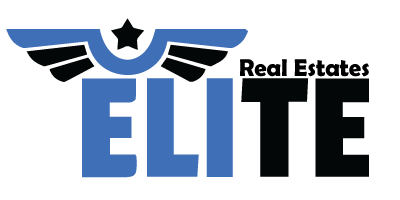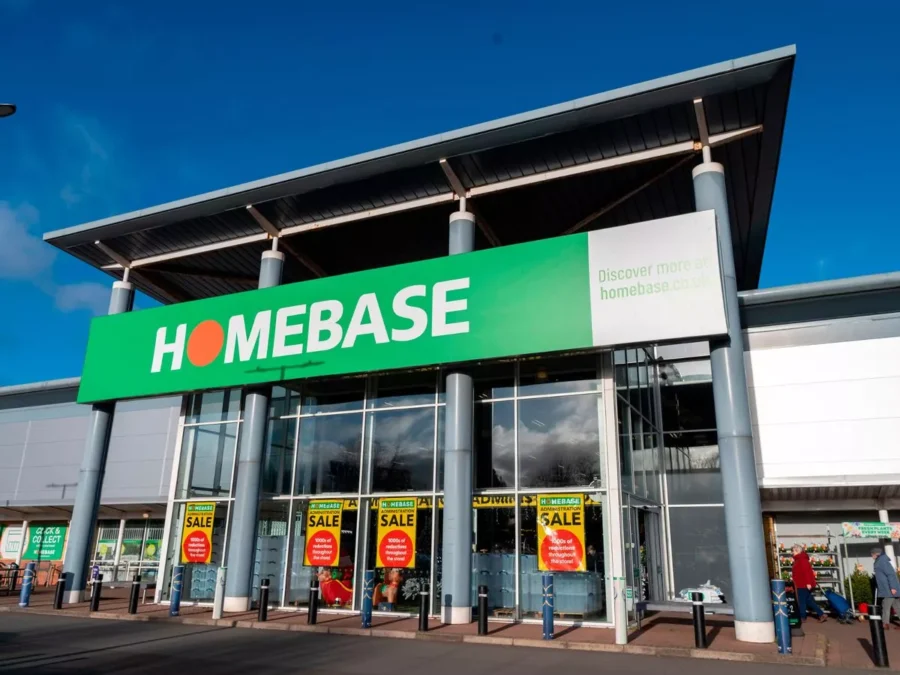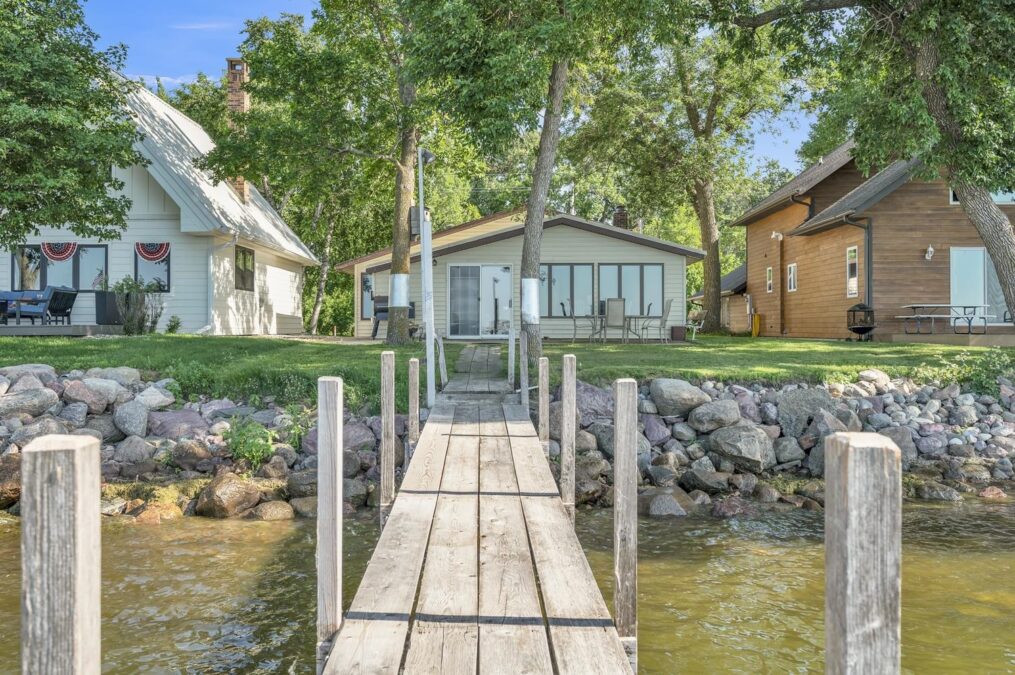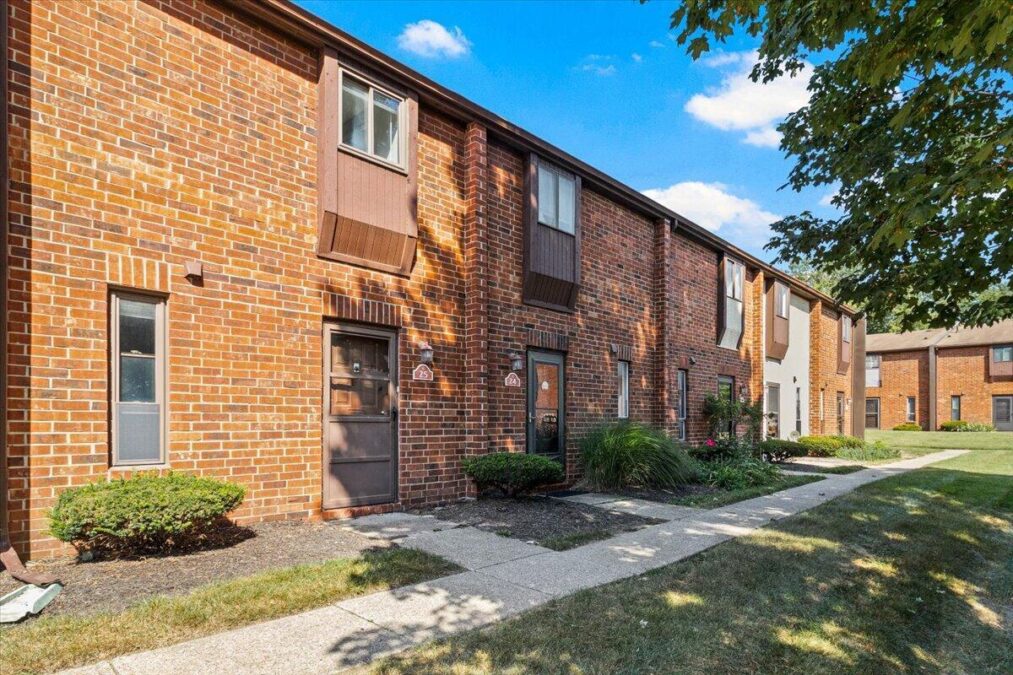Finding your dream home isn’t always a straight path. For many, the idea of buying a house outright may feel out of reach, but that’s where rent to own homes near me come in as a viable option. Whether you’re dealing with poor credit, saving for a down payment, or simply exploring flexible pathways to homeownership, rent-to-own homes could be your ideal solution.
In this article, we’ll explore everything you need to know about rent-to-own homes—how they work, their benefits and drawbacks, where to find them, and key factors to consider before signing a contract. By the end, you’ll be equipped with the insights to confidently start your journey toward owning a home—starting with just rent.
What Are Rent to Own Homes?

Rent to own homes—also called lease-to-own or lease-option homes—are properties where the tenant rents with the option to purchase the home after a predetermined period, typically 1 to 5 years.
In this model, a portion of the monthly rent often goes toward the eventual purchase. This allows potential buyers to lock in a price, build equity while renting, and gain time to improve credit or finances before applying for a mortgage.
How Does Rent to Own Work?

Step-by-Step Process
- Sign an Agreement: You’ll enter a lease agreement with a purchase option. This may include a non-refundable option fee (typically 1–5% of the purchase price).
- Monthly Rent Payments: You pay monthly rent—some of which may be credited toward the future home purchase.
- Improve Financial Position: Use the rental period to improve credit scores or save for a larger down payment.
- Buy or Walk Away: At the end of the lease term, you can choose to buy the home or opt out (if it’s a lease-option agreement).
Key Terms to Understand
- Option Fee: A non-refundable upfront payment that secures your right to purchase the home later.
- Rent Premium: The amount of rent that exceeds fair market rent, credited toward the purchase.
- Purchase Price Agreement: Many contracts lock in a purchase price at the beginning, which can be an advantage in rising markets.
Benefits of Rent to Own Homes
💡 Ideal for Buyers with Poor Credit
Rent-to-own agreements give you time to build or repair your credit before needing a mortgage.
🏠 Live in Your Future Home Now
You get to move into the home you plan to buy, testing the neighborhood and property.
📈 Build Equity Early
Unlike traditional renting, part of your rent may go toward your future investment.
🔒 Lock-In Price
You agree on a future purchase price upfront—ideal if housing prices are expected to rise.
Drawbacks to Consider
- Non-Refundable Fees: Option fees and rent credits may be lost if you choose not to buy.
- Responsibility for Repairs: Some agreements require the renter to maintain the property like a homeowner.
- Financing Risks: If you’re not mortgage-ready by the end of the term, you may lose the opportunity—and money.
Where to Find Rent to Own Homes Near You
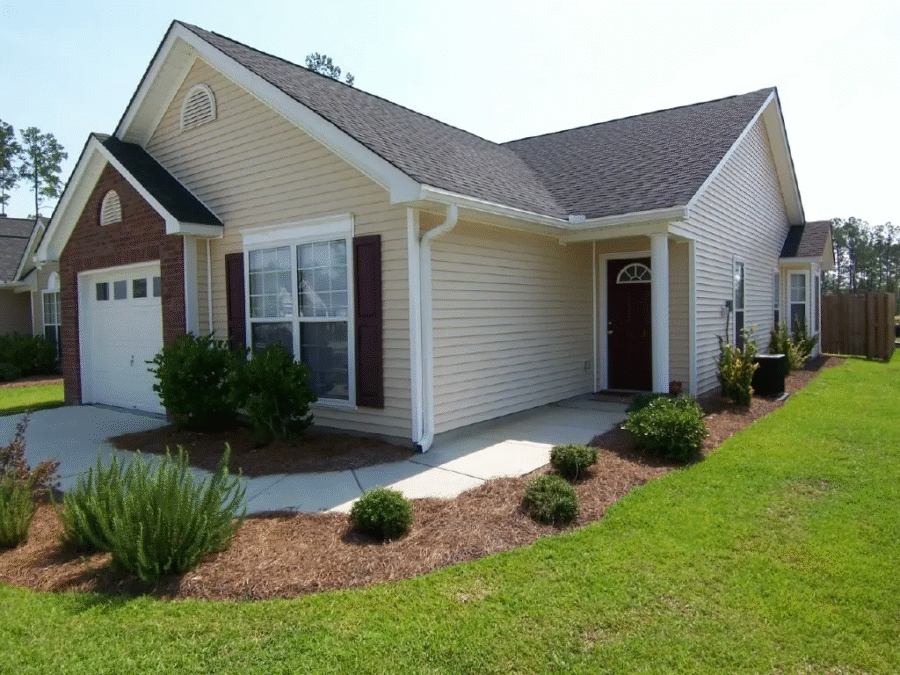
🔍 Online Marketplaces
- Zillow (Rent to Own Section)
- RentToOwnLabs.com
- HomeFinder.com
- HousingList.com
🏡 Local Resources
- Contact real estate agents who specialize in lease-to-own properties.
- Drive around neighborhoods and look for “Rent to Own” signs.
- Join local Facebook housing groups or check Craigslist (with caution).
🤝 Rent to Own Companies
Companies like Divvy Homes, Landis, and Dream America specialize in helping renters transition to ownership with flexible plans.
Important Questions to Ask Before Signing
- What portion of rent goes toward the home purchase?
- Is the option fee refundable?
- Who is responsible for repairs during the rental period?
- What happens if I don’t qualify for a mortgage later?
- Can I back out of the deal, and under what terms?
Tips to Succeed with Rent to Own
📄 Get Everything in Writing
Make sure all details—option fees, rent credits, purchase price, and responsibilities—are clearly documented in a formal contract.
💼 Consult a Real Estate Attorney
A lawyer can help you understand your rights and obligations, and spot any hidden clauses.
🔎 Inspect the Home
Hire a professional to conduct a home inspection before moving in or signing the lease.
💳 Monitor and Improve Your Credit
Use your rental period wisely. Pay bills on time and avoid accumulating debt.
Real-Life Example
Case Study: Sarah from Atlanta, GA
Sarah had a steady job but a low credit score after medical debt. She found a rent-to-own home through Divvy Homes. After 3 years of renting and improving her credit, she secured a mortgage and purchased her dream home—something she couldn’t imagine just a few years earlier.
Pros and Cons Summary
| Pros | Cons |
|---|---|
| Test the home/location | Non-refundable option fee |
| Build equity while renting | May not qualify for mortgage |
| Lock in price | Complex contracts |
| Time to improve credit | Maintenance responsibility |
Frequently Asked Questions (FAQs)
Q1: Are rent to own homes legit?
Yes, many reputable real estate services offer rent-to-own programs, but always vet contracts and companies thoroughly.
Q2: Do I need a good credit score to rent to own?
No, many programs are designed for people with low or rebuilding credit, but you’ll need to qualify for a mortgage eventually.
Q3: What if I change my mind?
If you signed a lease-option agreement (not a lease-purchase), you can walk away—but you’ll lose the option fee.
Q4: Can I negotiate the purchase price?
Yes, just like traditional sales, terms can be negotiated upfront and should be in writing.
Q5: Who pays property taxes during the rental period?
Usually, the owner does, but this can vary—always check the contract.
Conclusion
Rent to own homes near me offer a unique bridge between renting and owning, especially for those who need time to build their financial standing. While there are risks involved, being informed, cautious, and legally protected can make this route a viable path to homeownership.
Are you ready to explore rent-to-own homes in your area? Start searching today and take your first step toward owning your future home.
